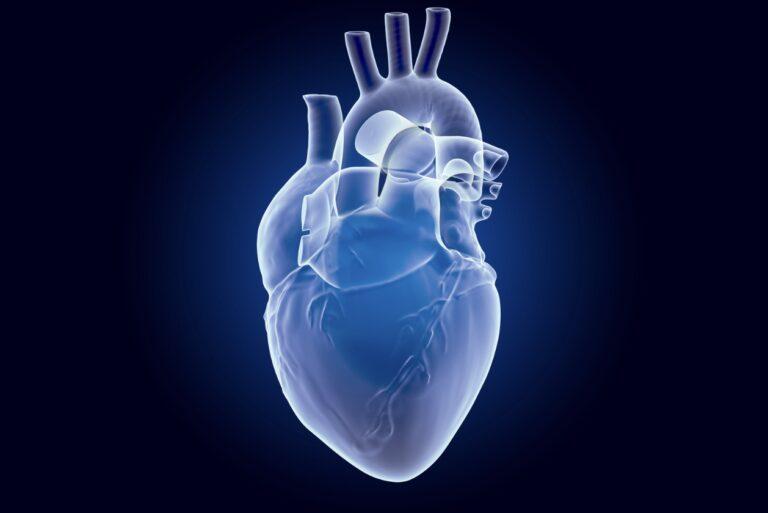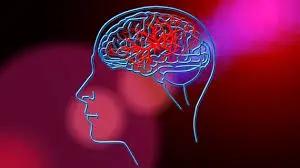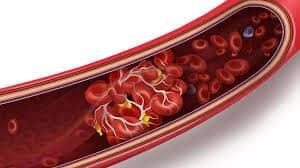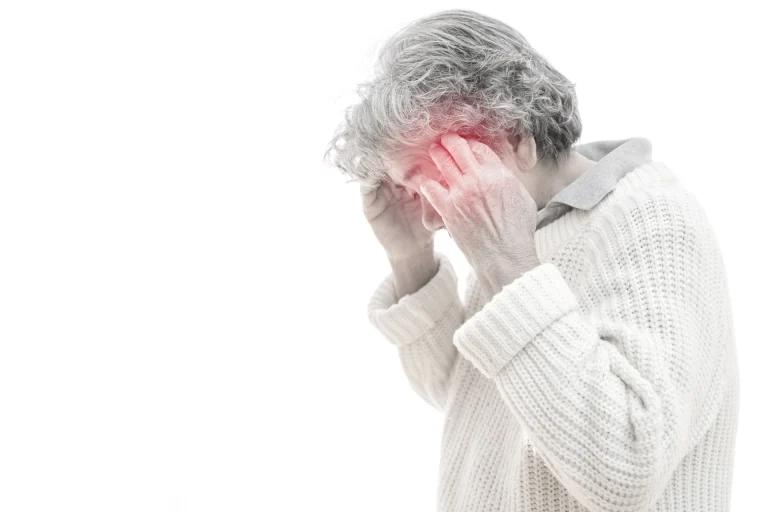What is a stroke?
A stroke is a serious life-threatening medical condition when the blood flow to part of the brain is cut off because of a blockage. Strokes are a medical emergency, and urgent treatment is essential. Early action can reduce brain damage and other complications.
If you think you or someone else is having a stroke, call 999 and ask for an ambulance and immediate medical help.
What are the warning signs?
You or your loved ones should remember the acronym FAST. If you think someone may be having a stroke, act F.A.S.T. and do the following simple test:
Face – face drooping down one side of the face, the person may not be able to smile or their mouth or eye may have dropped
Arms – the person may not be able to lift both arms and keep them there because of arm weakness or numbness in one arm
Speech – slurred speech or the person may have trouble speaking despite appearing awake. They may also have problems understanding what you’re saying
Time – dial 999 immediately if you see any of these signs or symptoms
Other common symptoms of a stroke
Symptoms in the FAST test identify most strokes, but strokes can cause other symptoms, such as:
- Complete paralysis of one side of the body
- Sudden loss of vision or blurring of vision
- Dizziness, confusion
- Difficulty understanding what others are saying
- Trouble walking
- Problems with balance and coordination
- Problems swallowing
- Sudden severe headache
- Loss of consciousness
What are stroke risk factors?
Risk factors for a stroke are similar to those for heart diseases, such as angina or heart attacks.
If the blood supply to the brain is restricted or stopped, brain cells begin to die, leading to brain injury, disability and possibly death.
There are 2 main causes of strokes which are:
- Ischemic stroke – the blood supply is stopped because of a blood clot
- Hemorrhagic stroke – where a weakened blood vessel supplying the brain bursts
Also, a related condition known as a transient ischemic attack (TIA), where the blood supply to the brain is interrupted temporarily, leading to a mini-stroke. It can last a few minutes or persist for up to 24 hours. TIAs should be treated urgently, as they’re often a warning sign you’re at risk of having a full stroke.
You have a higher risk of a stroke if you have the following:
- High blood pressure (hypertension)
- High cholesterol
- Atrial fibrillation (irregular heartbeats)
- Diabetes
What stroke treatment is there?
Treatments are recommended depending on the type of stroke. Treatment usually involves taking one or more different medicines, but some people may also need surgery.
- Ischaemic stroke – Alteplase injections
- Thrombectomy
- Aspirin and other antiplatelets
- Anticoagulants – warfarin
- Blood pressure medication – thiazide diuretics, angiotensin-converting enzyme (ACE) inhibitors, calcium channel blockers
- Beta blockers, alpha-blockers
- Statins – these may help reduce your risk of stroke, whatever your cholesterol level is
- Carotid endarterectomy – the surgeon makes a cut (incision) in your neck to open up the carotid artery and remove the fatty deposits
- If you were taking anticoagulants before you had your stroke, you might need to reverse the effects of the medicine and reduce your risk of further bleeding
- A surgical procedure known as a craniotomy
- Surgery for hydrocephalus (symptoms include headaches, sickness, drowsiness, vomiting and loss of balance)
Sources
Medical Disclaimer
NowPatient has taken all reasonable steps to ensure that all material is factually accurate, complete, and current. However, the knowledge and experience of a qualified healthcare professional should always be sought after instead of using the information on this page. Before taking any drug, you should always speak to your doctor or another qualified healthcare provider.
The information provided here about medications is subject to change and is not meant to include all uses, precautions, warnings, directions, drug interactions, allergic reactions, or negative effects. The absence of warnings or other information for a particular medication does not imply that the medication or medication combination is appropriate for all patients or for all possible purposes.








